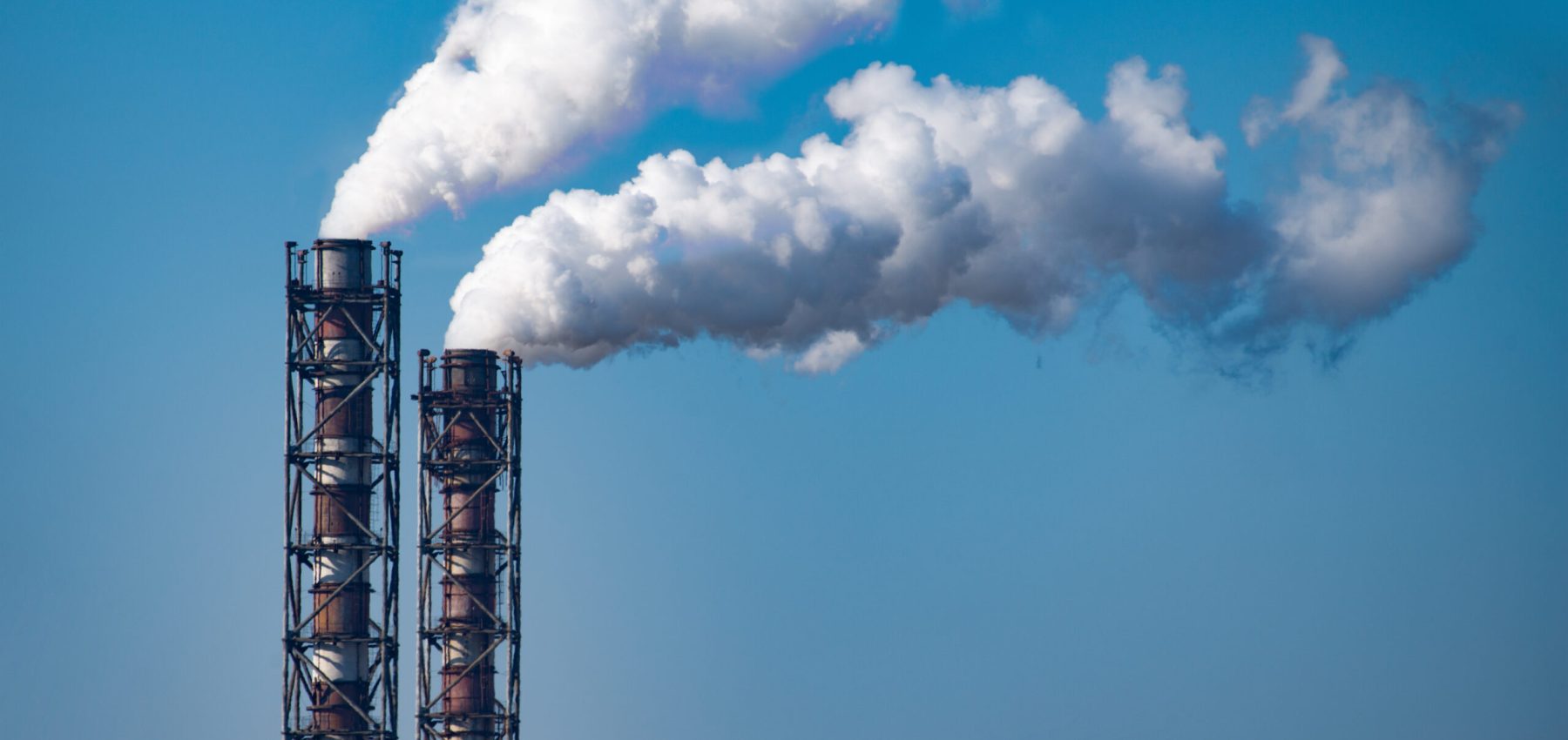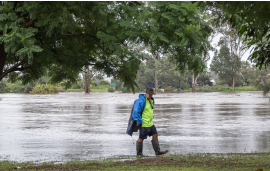
Air pollution or poor air quality can result from scenarios such as wildfires and smog. Poor air quality can be harmful to our health, particularly for those with pre-existing chronic conditions such as asthma, heart disease, or diabetes. Air quality advisories are issued when air pollution approaches or exceeds established thresholds. To minimize health effects during an air quality advisory:
- Minimize the amount of time spent outdoors, avoiding physical exertion
- Keep your indoor air clean by keeping windows closed, and circulating air through air filters or a forced air system
- Spend time in spaces with cooler filtered air such as malls, libraries, and community centres
- Have sufficient supplies of your rescue medication for respiratory conditions such as asthma
View the current air quality map of Metro Vancouver here.
For a step by step guide to make a DIY air purifier: here
Learn more information on air quality:





